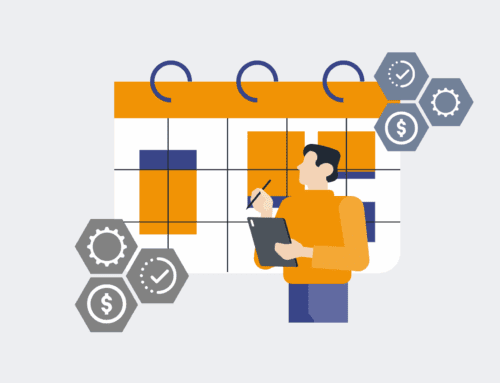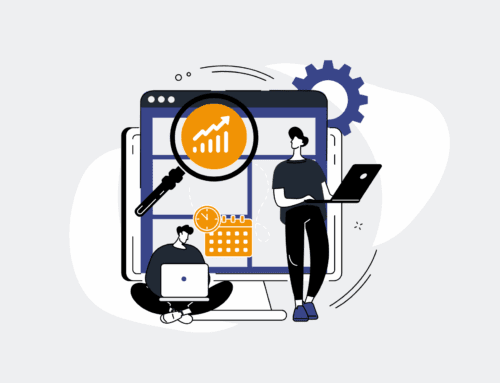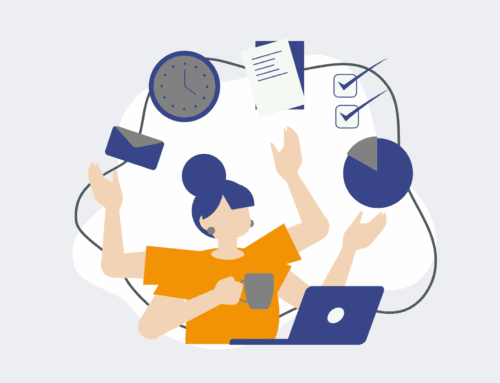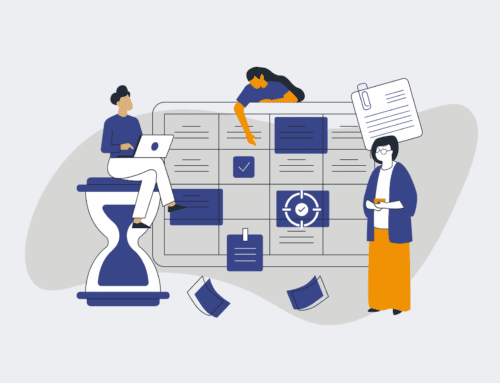Customizing AI Solutions for Unique HR Needs: What to Look For
In today’s rapidly evolving business landscape, the promise of Artificial Intelligence in Human Resources is undeniable. From streamlining recruitment to enhancing employee experience, AI offers transformative potential. However, simply adopting an off-the-shelf AI solution can often lead to more frustration than efficiency. Every organization, especially those with unique cultures, operational structures, and growth trajectories, possesses distinct HR needs that generic AI platforms struggle to address. The real power of AI lies not in its raw capability, but in its ability to be precisely tailored to your specific context.
Beyond the Blanket Approach: Why Generic AI Falls Short in HR
Many businesses embark on their AI journey with the assumption that a widely available tool will solve their problems. While these tools offer foundational functionalities, they rarely account for the nuances of your company’s unique hiring processes, compliance requirements, internal communication workflows, or employee development pathways. HR isn’t a one-size-fits-all department; it’s a complex ecosystem of human interaction, regulatory frameworks, and strategic imperatives.
Consider a scenario where an AI recruiting tool might optimize for speed, yet your organization prioritizes cultural fit above all else, requiring a more nuanced evaluation process. Or perhaps your onboarding sequence involves highly specific training modules and compliance checks that a standard AI couldn’t possibly anticipate. Without customization, AI can become a bottleneck, forcing you to adapt your existing, often effective, human processes to the machine, rather than the other way around. This is where 4Spot Consulting steps in, understanding that technology should serve your business, not dictate its operations.
Identifying Your True HR Needs: The Foundation of Customization
Before diving into any AI solution, the critical first step is a rigorous assessment of your current HR operations. This isn’t just about identifying pain points; it’s about understanding the intricate web of interdependencies, the data flows, the human touchpoints, and the strategic objectives driving your HR function. A partner capable of this deep dive will conduct a thorough audit, much like our OpsMap™ diagnostic, to pinpoint exactly where AI can deliver the most impactful, measurable improvements.
This diagnostic phase should explore questions such as: What are the most time-consuming manual tasks for your HR team? Where are human errors most prevalent? Which data points are critical for strategic decision-making but are currently siloed or inaccessible? How does your company culture influence your recruitment and retention strategies? Answers to these questions form the blueprint for a truly effective, custom AI strategy.
What to Look For in a Partner for Custom HR AI Solutions
When seeking to implement customized AI in your HR department, it’s crucial to partner with a firm that understands both the technology and the strategic business outcomes. Here’s what to prioritize:
Deep Operational Understanding, Not Just Technical Prowess
An ideal partner possesses more than just coding skills; they have a profound understanding of HR operations. They should be able to speak the language of HR, recognizing the challenges of talent acquisition, employee engagement, compliance, and performance management. This ensures that the AI solution isn’t just technologically sound but genuinely aligned with your business goals and operational realities. Look for a partner who prioritizes strategic planning before any building begins.
Integration Expertise Across Disparate Systems
Modern HR relies on a myriad of platforms – ATS, HRIS, payroll, learning management systems, communication tools. A customized AI solution needs to seamlessly integrate with your existing technology stack. The ability to connect dozens of SaaS systems, as we do with Make.com, is paramount. This ensures a single source of truth for your HR data, eliminating silos and enabling comprehensive, data-driven insights. Without robust integration, even the smartest AI operates in a vacuum, limiting its value.
Focus on Measurable ROI and Scalability
Any investment in AI must demonstrate a clear return. Your partner should be focused on delivering solutions that directly contribute to reducing operational costs, increasing efficiency, eliminating human error, and improving employee satisfaction and retention. They should articulate how their proposed AI solutions will lead to quantifiable benefits, whether that’s saving 150+ hours in resume automation or significantly decreasing time-to-hire. Furthermore, the solution must be designed with scalability in mind, capable of evolving with your organization’s growth without requiring complete overhauls.
Commitment to Data Privacy and Security
HR deals with some of the most sensitive personal data within an organization. Any AI solution must be built with the highest standards of data privacy and security. Your partner should demonstrate a clear understanding of regulatory compliance (like GDPR, CCPA, etc.) and employ robust security protocols to protect employee information. This isn’t merely a technical requirement; it’s a foundational ethical responsibility.
Ongoing Support and Iteration
AI is not a set-it-and-forget-it technology. The best custom solutions are those that are continually optimized and iterated upon. Look for a partner who offers ongoing support, performance monitoring, and an iterative approach to refinement. This ensures your AI tools remain effective, adapt to changing business needs, and continue to deliver maximum value over time, reflecting our OpsCare™ philosophy.
The Strategic Advantage of Tailored AI in HR
Implementing customized AI solutions for your HR needs transforms your department from a cost center into a strategic asset. It frees up your high-value HR professionals from repetitive, low-value work, allowing them to focus on strategic initiatives like talent development, culture building, and succession planning. It ensures that your HR technology genuinely supports your business objectives, rather than becoming another piece of software you have to work around. By choosing a partner who understands your unique context and prioritizes tangible outcomes, you unlock the true, powerful potential of AI to drive efficiency, innovation, and growth within your organization.
If you would like to read more, we recommend this article: Mastering AI in HR: Your 7-Step Guide to Strategic Transformation









